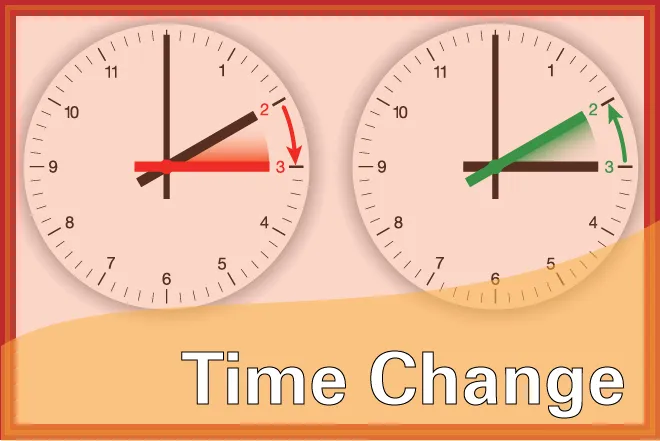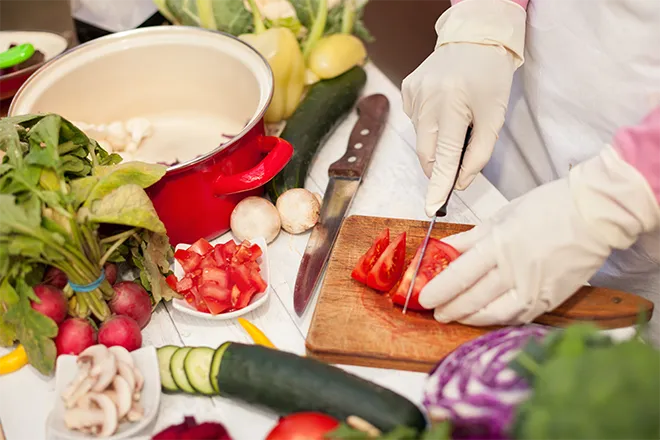
Dear Dietitian – Are herbal supplements effective?
Dear Readers,
Chances are many of you who are reading this are taking some type of herbal supplement. Be it ginseng for better energy, saw palmetto for prostate health, or echinacea to improve immunity, many are turning to natural remedies for their health.
It is important to know that herbal supplements are not regulated by the Food and Drug Administration (FDA). As with any medication, herbal remedies may have side effects. To be safe, talk to your doctor before starting an herbal treatment.
Dear Dietitian is committed to educating consumers on scientifically-based nutrition. The table below lists particular herbal remedies and the results of scientific research as far as their effectiveness:
Herbal Remedy | Claim | Scientific Evidence |
Cinnamon | Lowers blood sugar to help treat diabetes or pre-diabetes | No significant change in blood sugar levels (1) |
Green tea | Anti-cancer effects | Research does not support claim. (2) |
Milk thistle | Treats liver diseases such as hepatitis and cirrhosis | Mixed results; may ease symptoms of liver disease (3) Other studies show it did not improve liver function. (4) |
Turmeric (curcumin) | Treatment of digestive diseases | Positive results in treating Crohn’s disease and ulcerative colitis (5) |
Echinacea | Stimulates immune system | Studies support claim. (6) |
Ginseng | Boosts energy levels | Positive results in people with chronic illnesses (7) |
Kombucha Tea | Prevents constipation | Insufficient studies (8) |
Zinc | Reduces duration of common cold; lessens severity of symptoms of common cold | Research supports claims. (9) |
Saw Palmetto | Enlarged prostate; urinary tract infections in men with enlarged prostate | Research does not support claims. (10) |
St. John’s wort | Treatment of depression | Not consistently effective in treating depression (11) |
Disclaimer: Dear Dietitian does not endorse any product or diet plan.
References
- 1.Hasanzade, Farzaneh, et al. The Effect of Cinnamon on Glucose of Type II Diabetes Patients. J Tradit Complement Med. 2013 Jul-Sep; 3(3): 171–174.
- Boehm K, Borrelli F, Ernst E, et al. Green tea (Camellia sinensis) for the prevention of cancer. Cochrane Database of Systematic Reviews. 2009;(3):CD005004 [edited 2010]. Accessed at http://www.thecochranelibrary.com(link is external) on April 16, 2015.
- https://www.mayoclinic.org/drugs-supplements-milk-thistle/art-20362885
- Jacobs, Bradly P., MD, MPH. Milk thistle for the treatment of liver disease. The American Journal of Medicine. 2002 Oct; 113 (6) 506-515.
- Pietro Dulbecco and Vincenzo Savarino. Therapeutic potential of curcumin in digestive diseases. World J Gastroenterol. 2013 Dec 28; 19(48): 9256–9270.
- Barrett B, Medicinal properties of Echinacea: A critical review. Phytomedicine.2003;10(1):66-86.
- Arring, NM, et al. Ginseng as a treatment for fatigue: a systematic review. J Altern Complement Med. 2018 Jul;24(7):624-633.
- https://www.mayoclinic.org/healthy-lifestyle/consumer-health/expert-answers/kombucha-tea/faq-20058126
- Singh M, Das HH, Zinc for the common cold. Cochrane Database Syst Rev. 2011 Feb 16;(2):CD001364. doi: 10.1002/14651858.CD001364.pub3
- https://nccih.nih.gov/health/palmetto/ataglance.htm
- https://nccih.nih.gov/health/stjohnswort/sjw-and-depression.htm#hed1
Good health to you!
Dear Dietitian

















